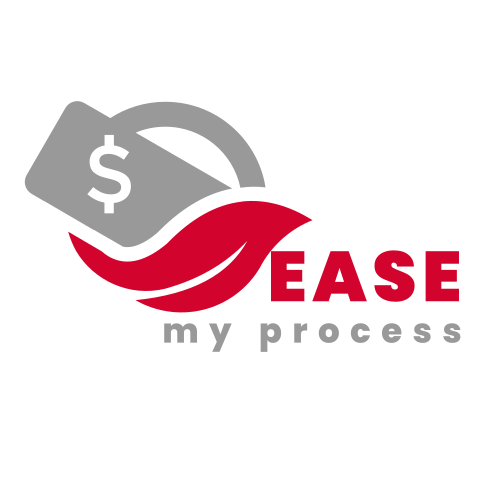- Published on
Understanding Term Sheet: What Every Founder & Investor Should Know
- Authors

- Name
- Ease Pro
Understanding TERM SHEET
🔍 What Every Founder & Investor Should Know
What is a Term Sheet?
A term sheet lays out the key terms of an investment deal.
- It is a non-binding document
- Acts as a base for legal agreements (like share purchase/subscription agreements)
- Usually prepared by investment bankers or deal advisors
What's Inside a Term Sheet?
Here's what you'll usually find:
- Valuation (Pre/Post Money)
- Investment amount & equity %
- Voting & Board rights
- Liquidation Preference
- Anti-dilution protection
- Exit clauses (drag-along, etc.)
Is it a Legal Agreement?
❌ No!
A Term Sheet is a non-binding document, which means:
- It does NOT legally force either party to complete the deal.
- It just sets mutual expectations and key terms.
- After this, detailed legal agreements like Share Purchase Agreement (SPA) are drafted.
👉 Think of it as a handshake deal before the real contract.
Pre-money vs Post-money Valuation
Pre-money:
Company's value before investment
Post-money:
Pre-money + new investment
Example:
Pre = ₹10 Cr, Investment = ₹2 Cr Post = ₹12 Cr → Investor gets 16.67% equity
👉 Clear valuation helps decide ownership & dilution**.**
Convertible Note – When is it Used?
Used when valuation is hard to decide early (like in seed rounds)
Investor puts in money now
Converts to equity later (at future valuation)
Includes:
- Valuation Cap – max company value for conversion
- Discount Rate – % off future price
💡 Practical for early-stage startups!
Liquidation Preference
💥What If your company gets sold or shuts down?
📌 Who gets paid first?
Term sheet defines whether investor recovers money before founders/employees. Investor gets back their money first
👉 Usually 1x liquidation preference is standard.
Protects investor from risky outcomes
Anti-Dilution Clause
What if next round is at a lower valuation?
This clause protects investors from losing value in "down rounds".
Types:
- Full Ratchet
- Weighted Average
Method used to maintain investor's share value over time
Pro-Rata Rights — And Why You Should Care!
- Pro-Rata Rights allow existing investors to invest in future funding rounds
- This helps them maintain their % ownership as company grows
Why does it matter?
- High-growth startups dilute early investors
- Pro-rata gives them a seat at the table in future rounds
Founder Tip:
Don't ignore this clause thinking it's "just investor- friendly" —
It reflects long-term interest and can actually help you build stronger investor relationships.
Term Sheet is where founder dreams meet investor money
💬 Learn it well. Negotiate wisely.
📢 Save this post
Share with a founder
